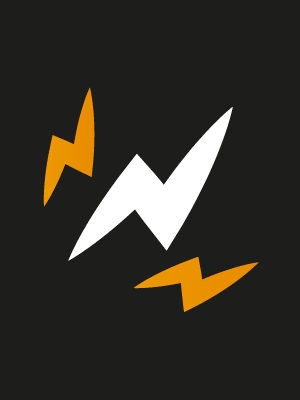Naomie Décarie-Daigneault
Related to this actor
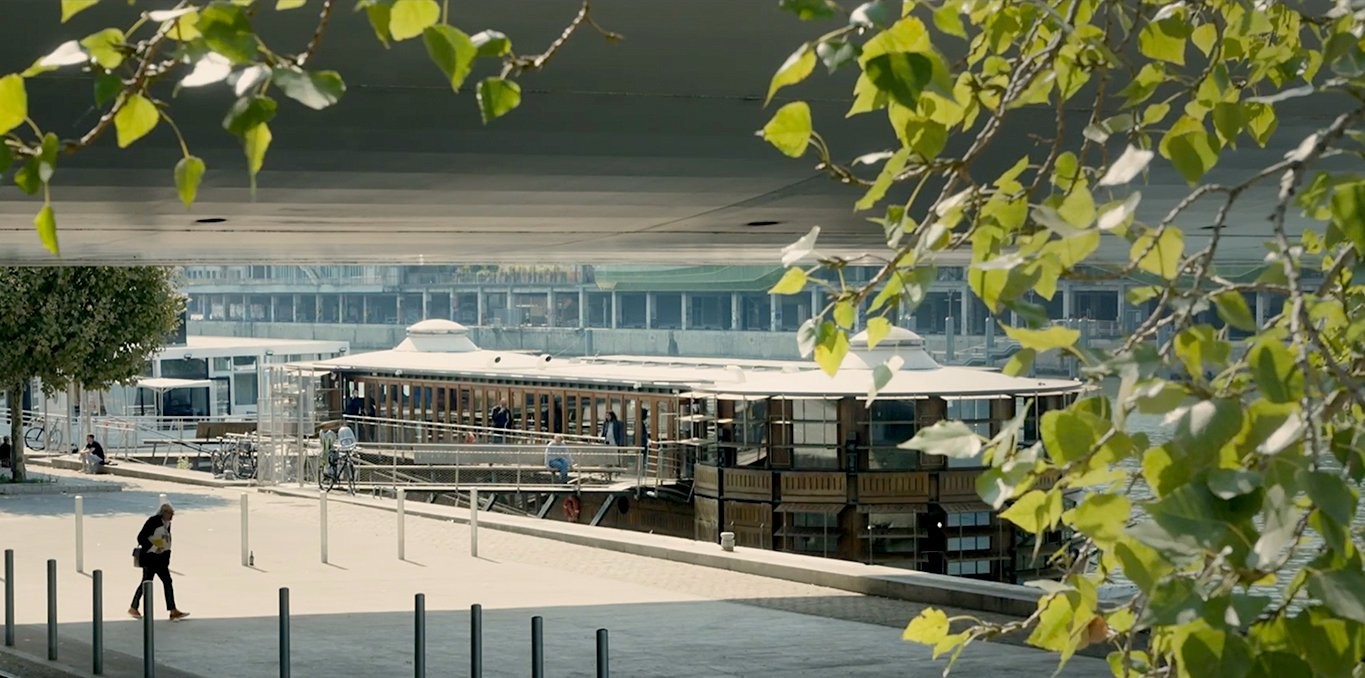
On the Adamant
Duration: 1h49
Subscription access
The Adamant is a unique day care centre : it is a floating structure. Located on the Seine in the heart of Paris, it welcomes adults suffering from mental disorders, offering them care that grounds them in time and space, and helps them to recover or keep up their spirits. The team running it is one of those that try to resist the deterioration and dehumanization of psychiatry as best it can. T...
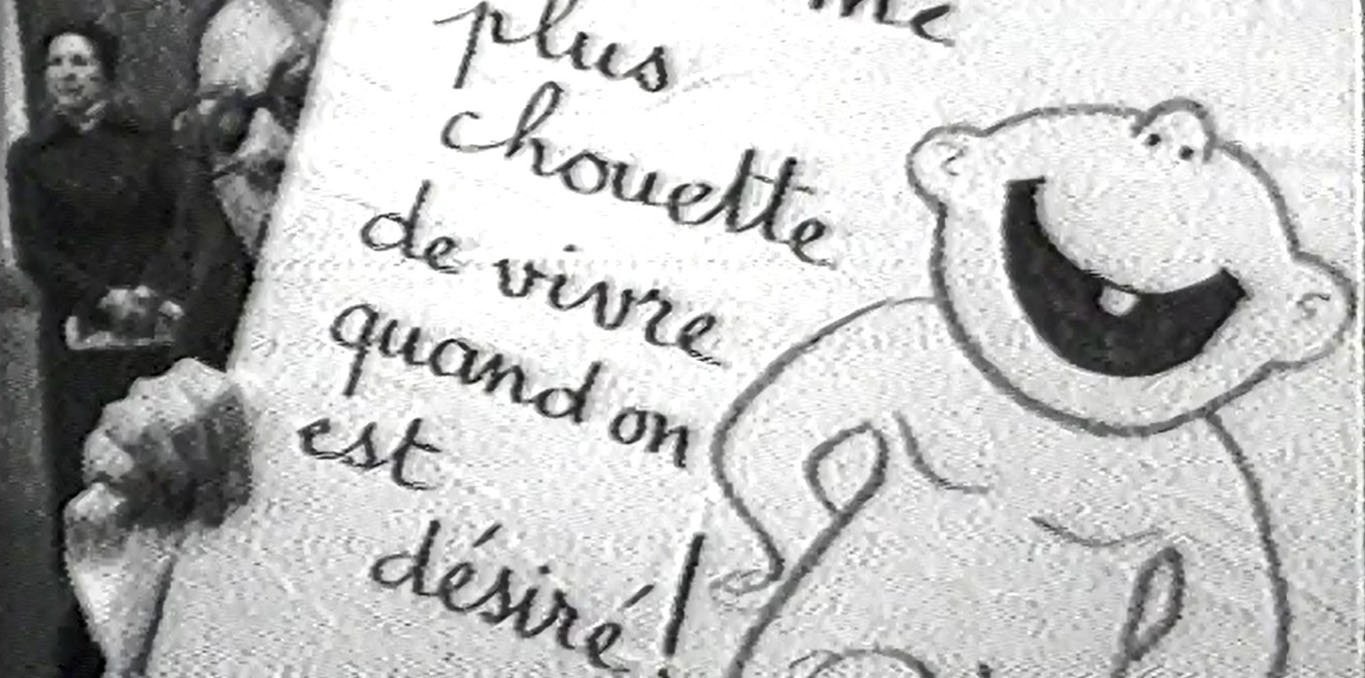
Y'a qu'à pas baiser !
Subscription access
This documentary about abortion was made when it was still illegal in France. It looks at why women decide not to keep their child and how an abortion is carried out according to the Karman method. The film also shows the first women’s demonstration in favour of abortion held on November 20, 1971.
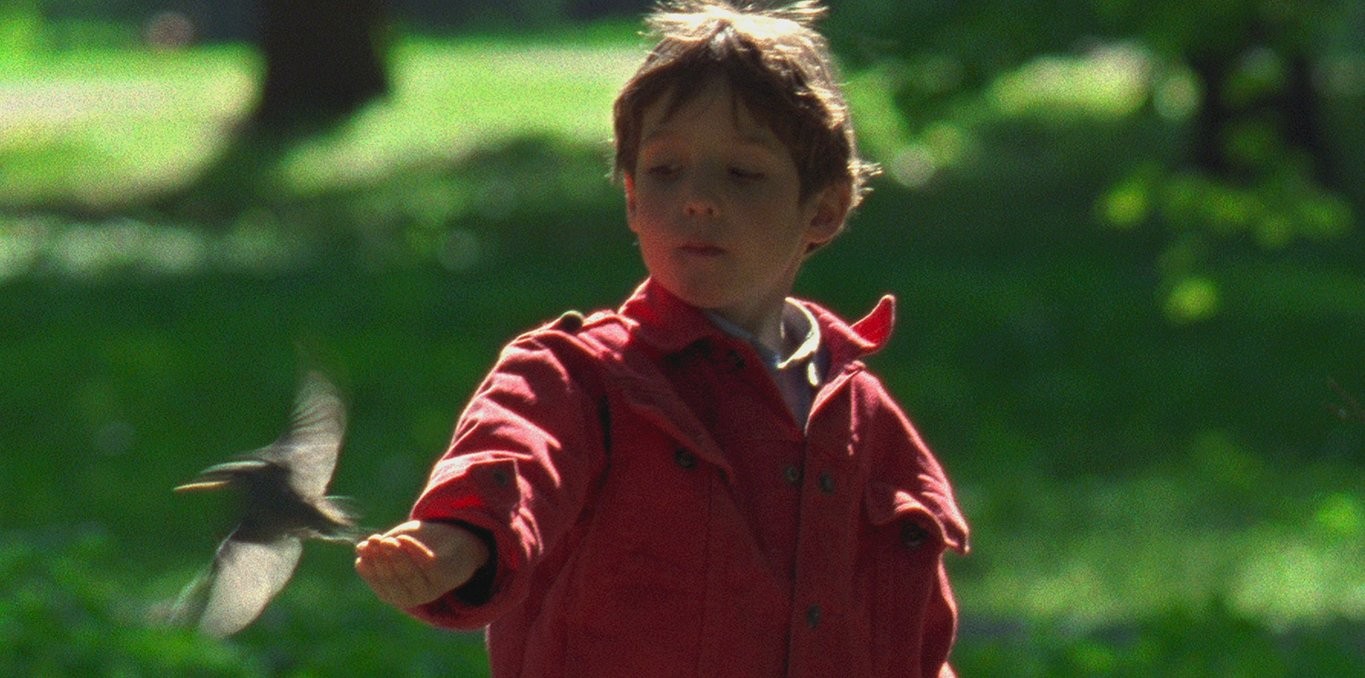
If It Happens
Subscription access
Tomek, Marcel Łoziński's son, is 18 years old. Exactly 12 years ago, when he was 6, his father filmed him during a visit to a park in Warsaw. Tomek stopped near elderly people and, with childlike naivety, asked them about joy, loneliness, fear of death, dreams, love... On his birthday, Tomek returns to the garden of his childhood.
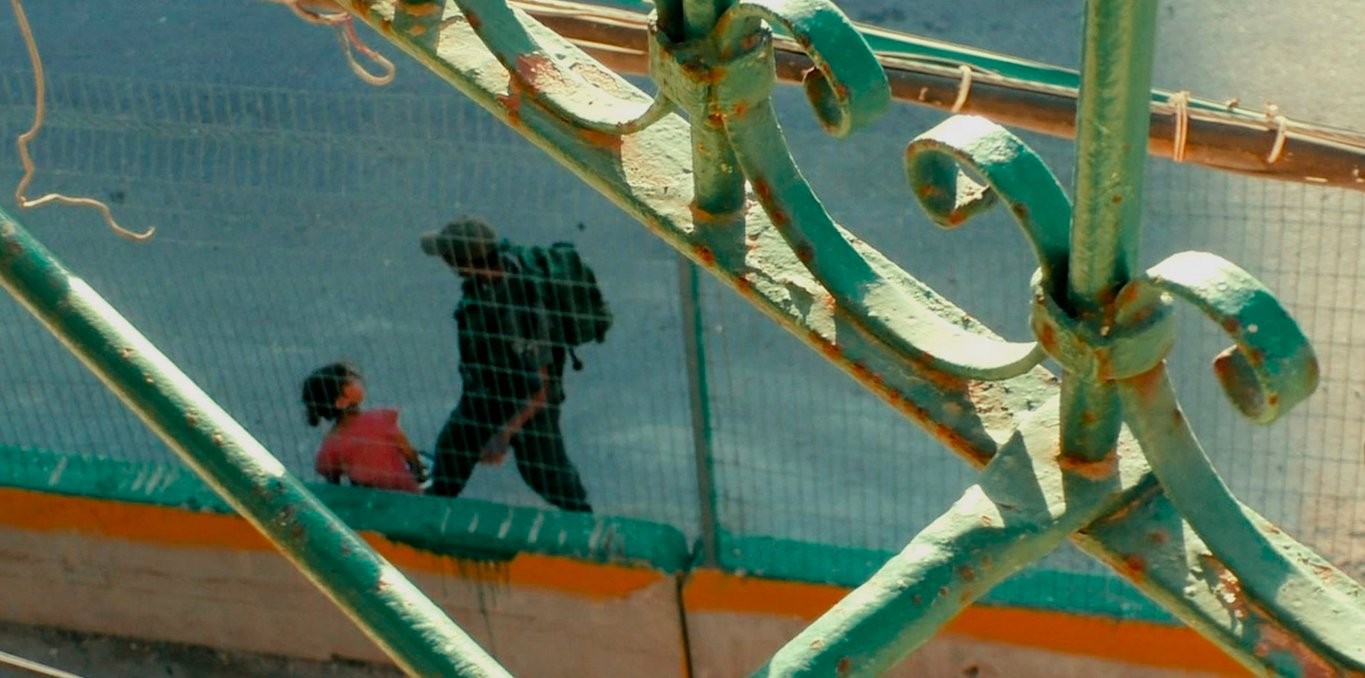
Of Land and Bread
Subscription access
In 2007, the human rights organization B'Tselem launched a project to provide video cameras and train Palestinian volunteers in the West Bank to document their life under Israeli occupation. Composed of numerous short films, _Of Land and Bread_ is a film of painful eloquence.
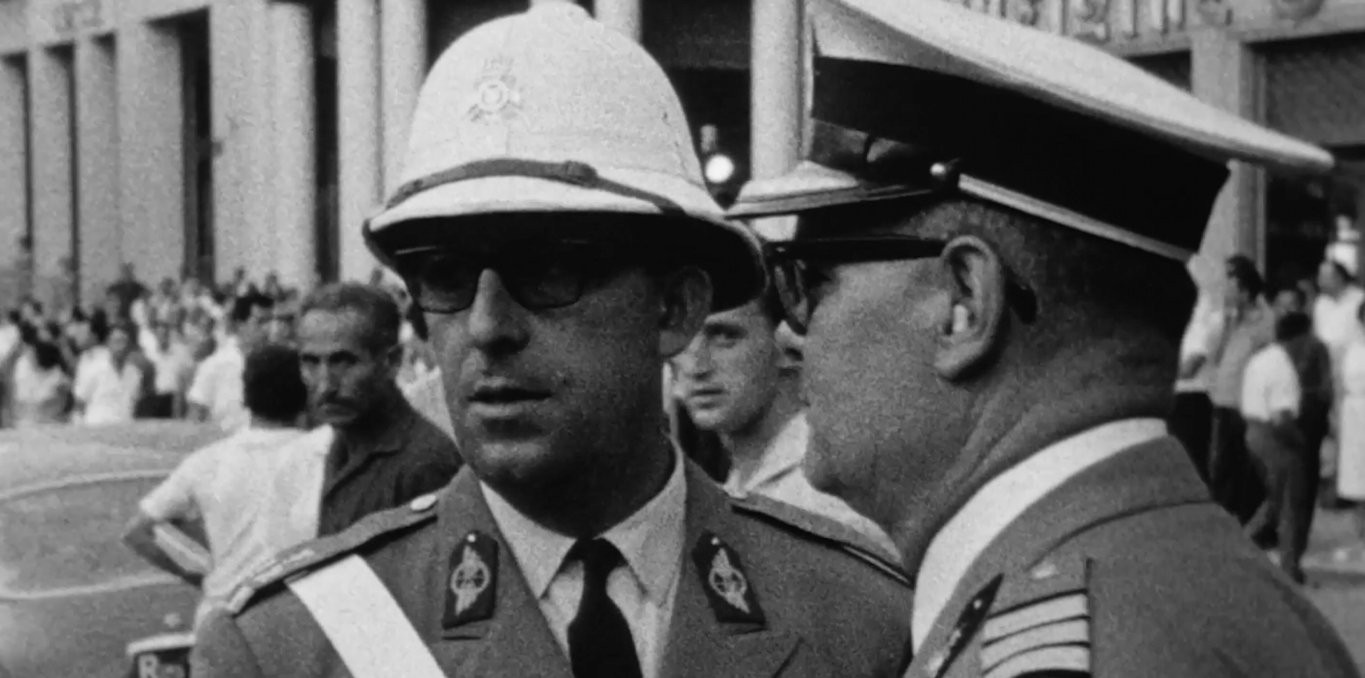
From Greece
Greece, filmed at a pivotal moment in its history, just before the 1967 military coup — a country where tensions between fascism and anti-fascism persisted after the war and erupted in a confused search for a truly free future. Nestler films the Greek people with respect and sensitivity, creating one of his masterpieces, built on a rigorous interplay between candid footage, commentary, and docu...
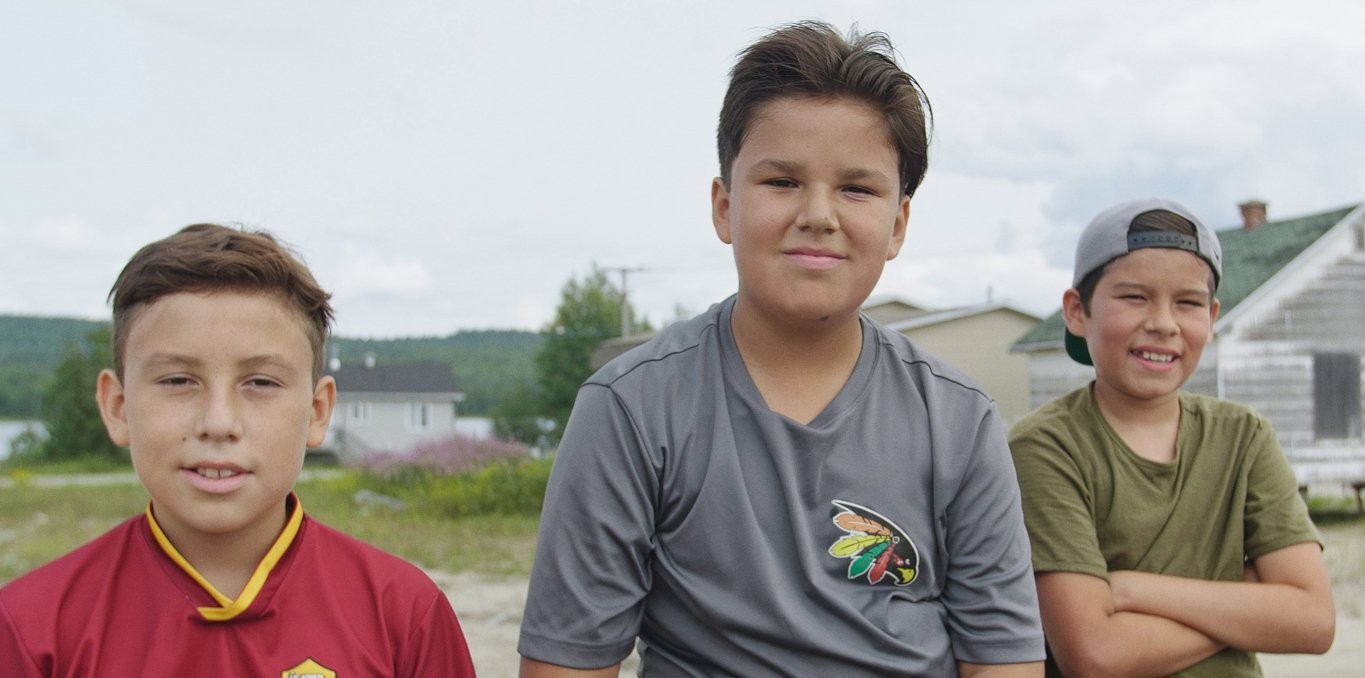
Ninan Auassat: We, the Children
Ninan Auassat: We, the Children
Duration: 3h02Subscription access
Filmed over more than six years, this feature-length documentary follows the journeys of three groups of children from different Indigenous nations (Atikamekw, Eeyou Cree, and Innu). In following these young people through the crucial milestones of childhood, right to the threshold of adulthood, we witness their daily lives and aspirations, along with the challenges they face. Filmed from “a ch...
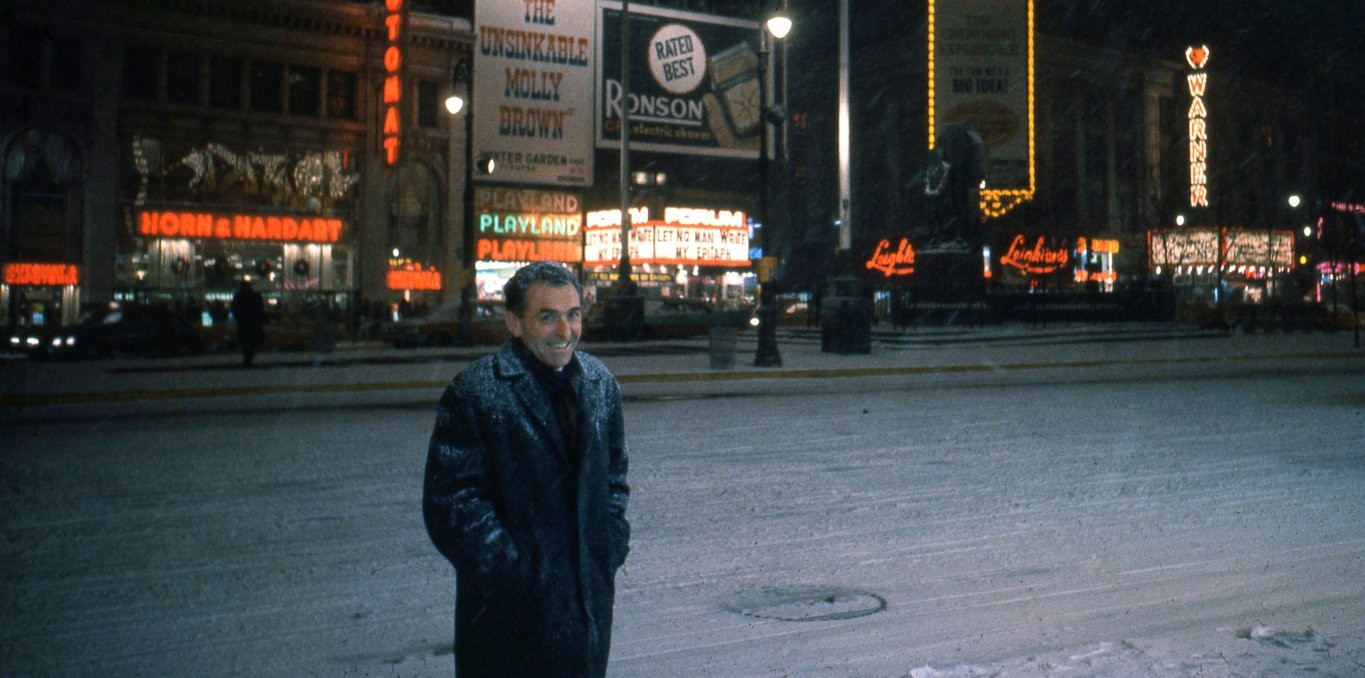
Robert Doisneau: Through the Lens
Robert Doisneau: Through the Lens
Subscription accessBased on never-before-seen archives, this film written and directed by the photographer's granddaughter paints an intimate portrait of the man and the artist who joyfully intertwined his family and professional life to build an exemplary body of work. _Robert Doisneau: Through the Lens_ tells the story of how this child from the Parisian suburbs became one of the world's most famous photographers.
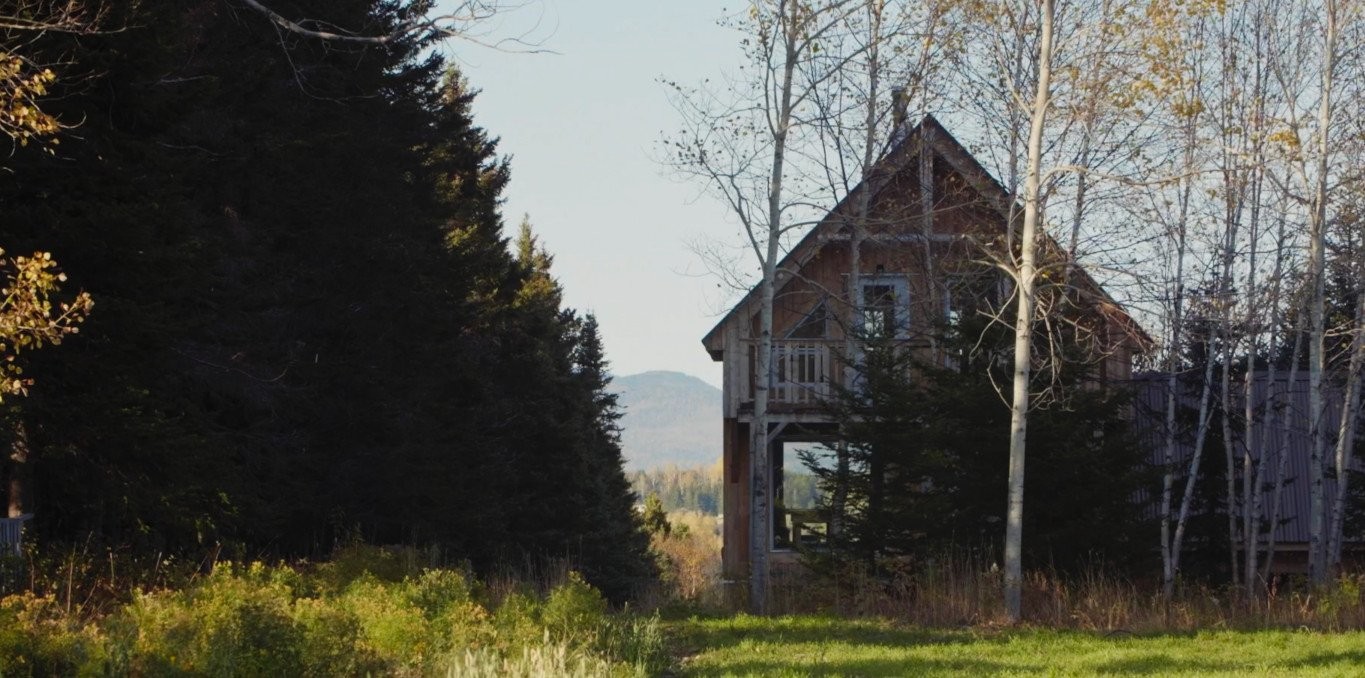
The Family of the Forest
Gérard and Catherine left Belgium to live self-sufficiently in the boreal forest of Gaspésie, Quebec. Fifteen years later, as their three boys have grown up, what will become of this way of life?
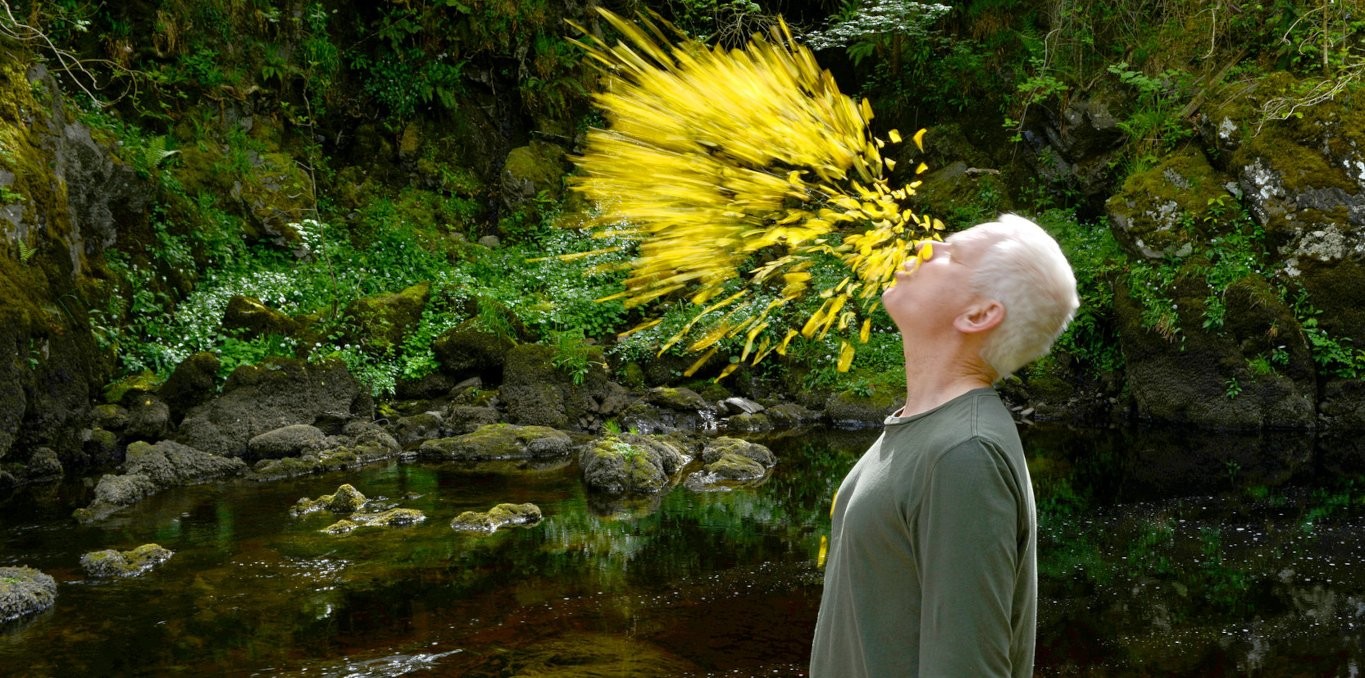
Leaning into the Wind – Andy Goldsworthy
Leaning into the Wind – Andy Goldsworthy
Subscription access_Leaning into the Wind_ follows Andy Goldsworthy on his exploration of the layers of his world and the impact of the years on himself and his art. As Goldsworthy introduces his own body into the work it becomes at the same time even more fragile and personal and also sterner and tougher, incorporating massive machinery and crews on his bigger projects. Riedelsheimer’s exquisite film illuminates...
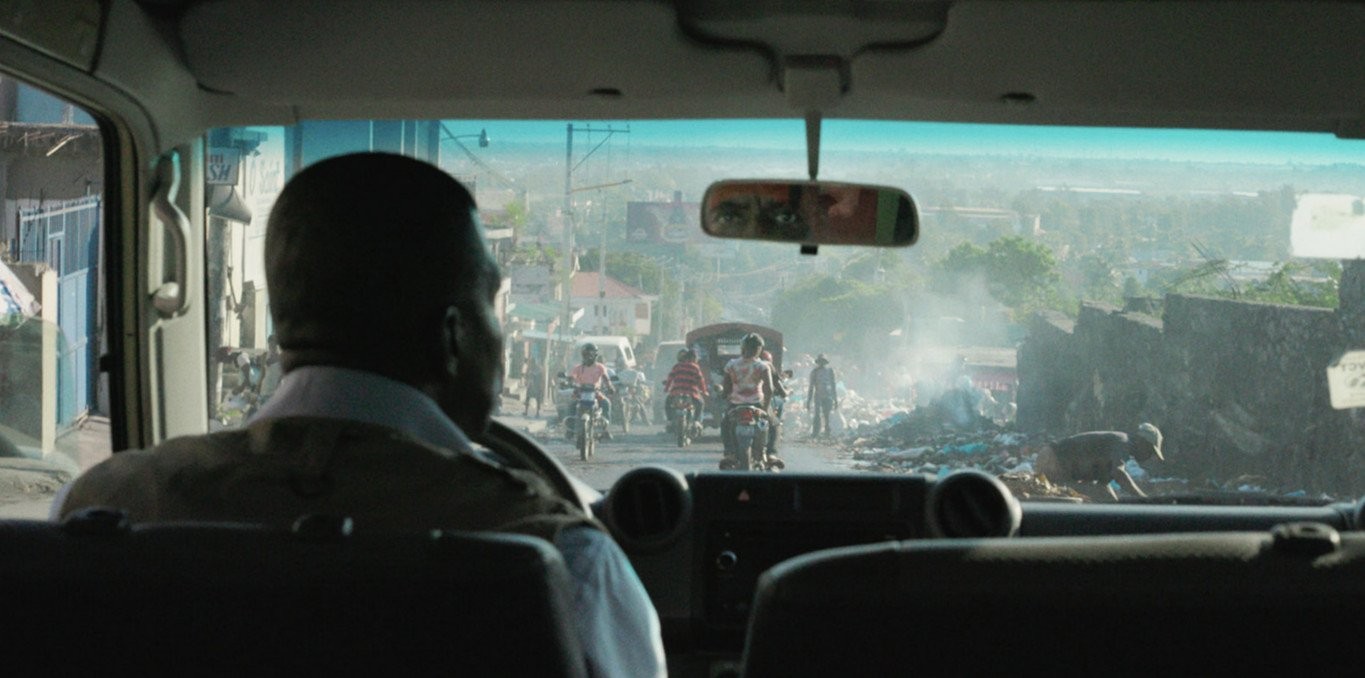
zo reken
zo reken ("shark bone") is the nickname given in Haiti to the Toyota Land Cruiser, a powerful all-terrain vehicle, very popular with international humanitarian organizations that have been present in the country since the 2010 earthquake. Ten years later, a \*zo reken\* is diverted from its usual use to become a mobile space for meetings and discussions between Haitians. No more foreign humanit...
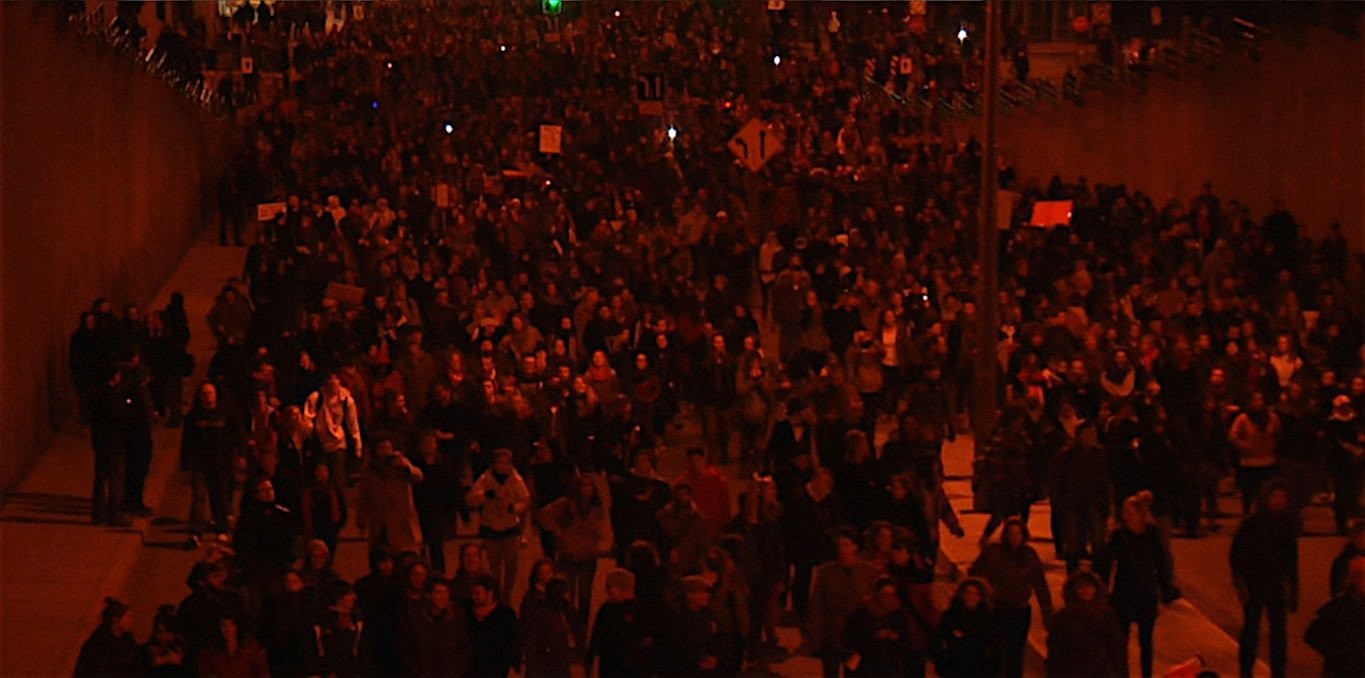
Insurgence
A documentary about the vast political mobilization that took place in Quebec during the spring of 2012. Initially propelled by the student strike for accessible education, the scope of the movement soon broadened to take on the government, the impunity and violence of the Montreal police force, the exploitation of untapped natural resources, and the current economic system.
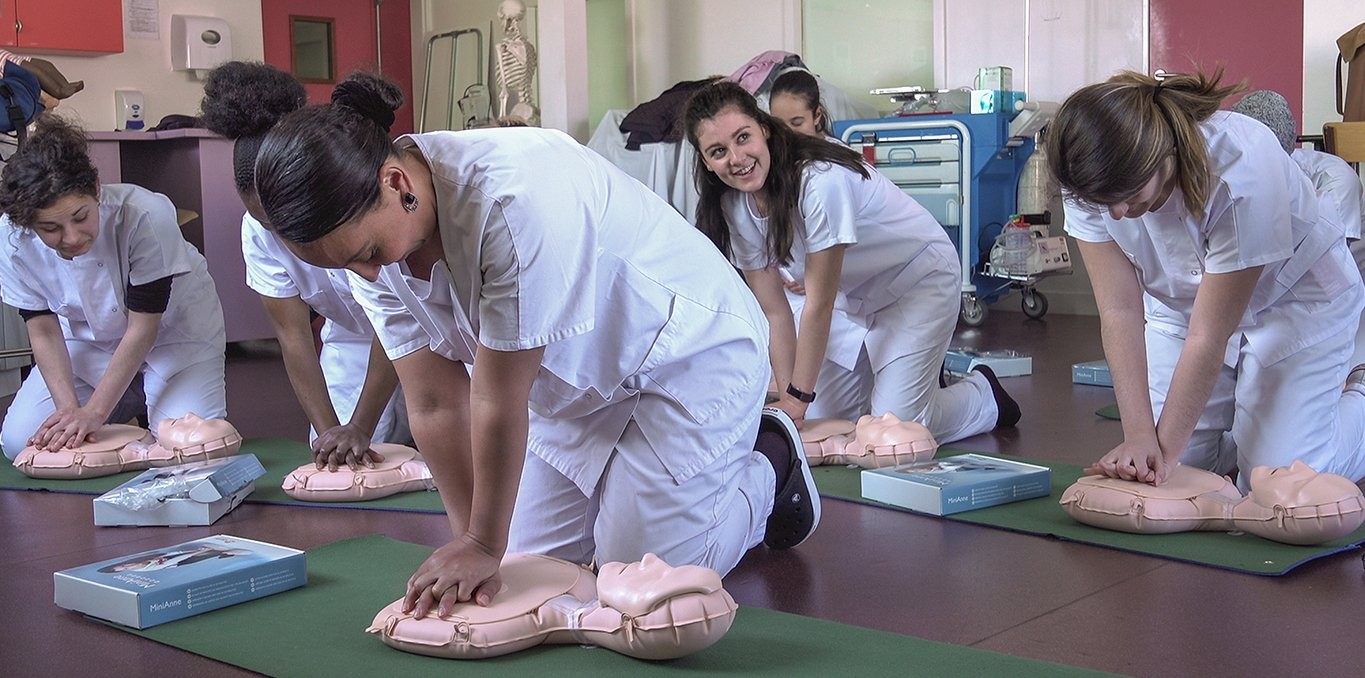
Each and Every Moment
Subscription access
Every year, thousands of students – mostly female – embark upon courses that will lead them to become nurses. A difficult process during which they will have to acquire a great deal of knowledge, master numerous technical procedures and prepare themselves for heavy responsibilities. This film follows the ups and downs of an apprenticeship that will confront them, often at a young age, with hum...
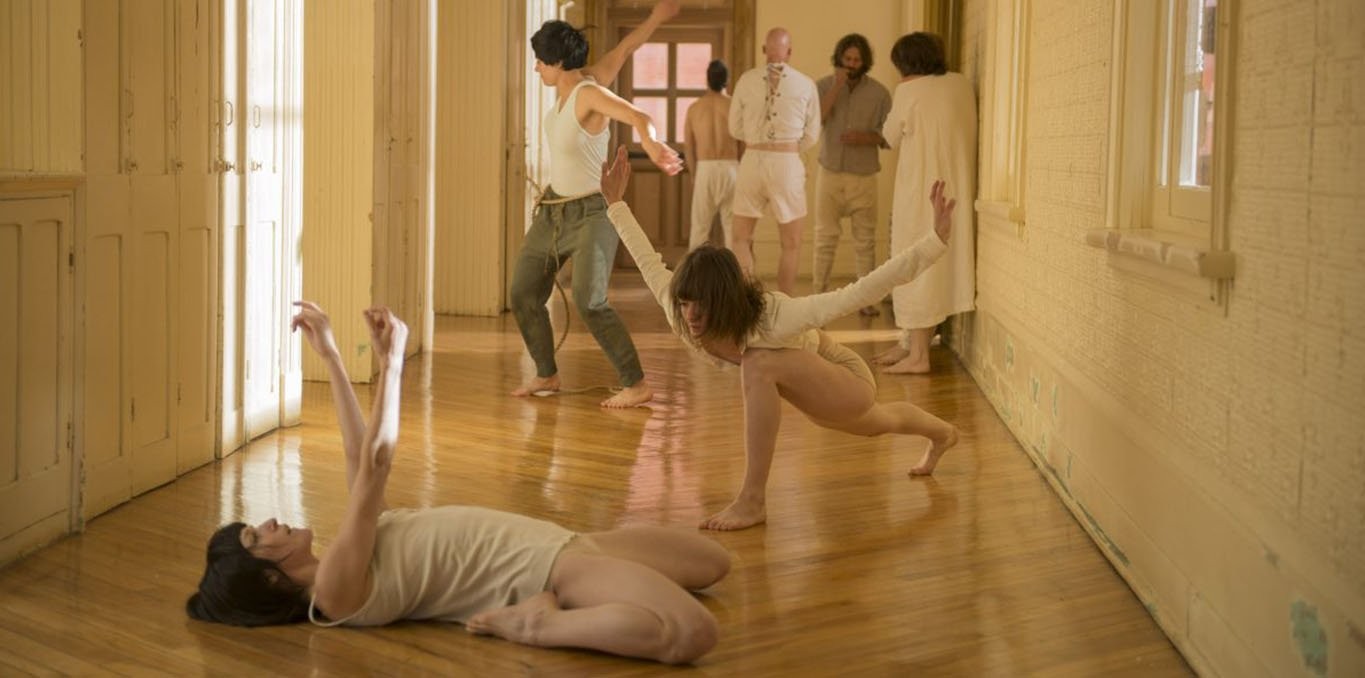
A Short History Of Madness
\_A Short History Of Madness\_ is a contemporary dance film. Traveling through time in six architectural scenes, it touches on key moments in the treatment of mental illness in Quebec, from the end of the 19th century to today. The film introduces us to six mentally ill characters who are interpreted by dancers. It then goes on to follow a woman, Jacqueline, who ends up on the street after losi...
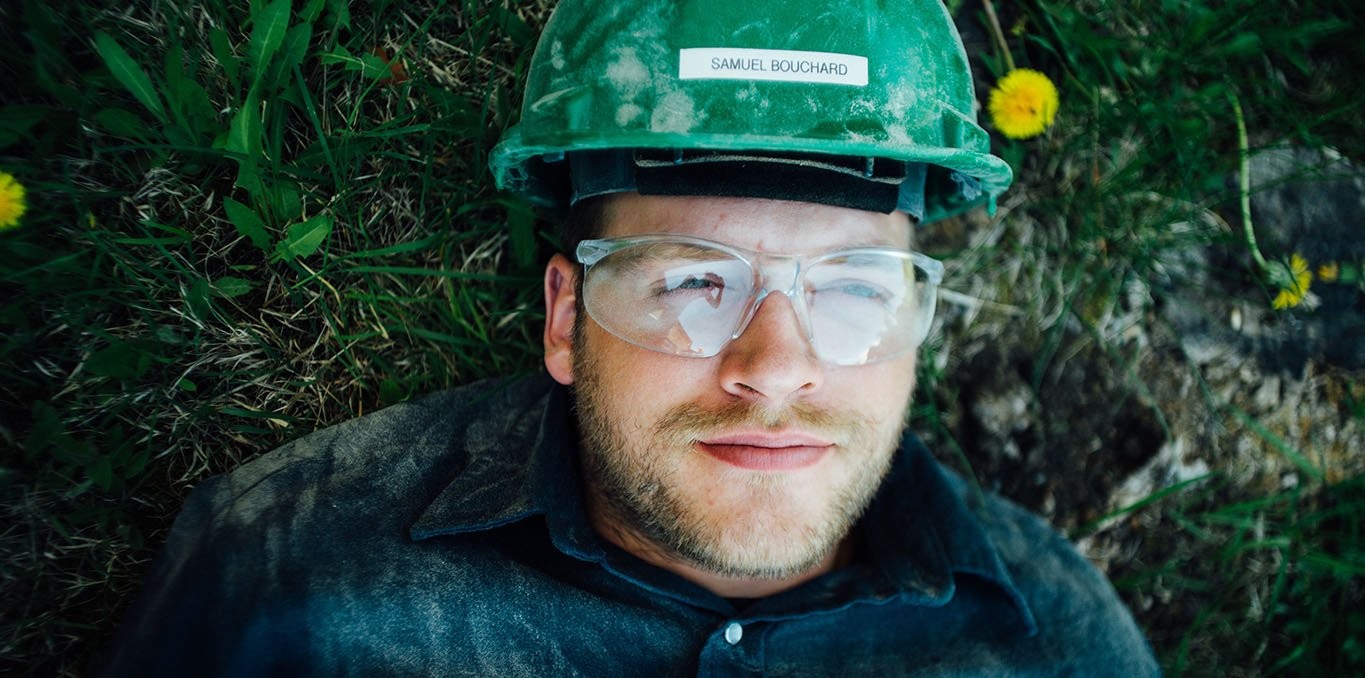
The Free Ones
\_The Free Ones\_ is a documentary which shows us how four detainees are dealing with the end of their prison sentence, in a sawmill. Can a factory job help them to make the necessary transformation and become free men? Hidden from society’s view and through meetings with their instructors, psychotherapists and other participants, we accompany Samuel, Pierrot, Fred and Steve talk about their ho...
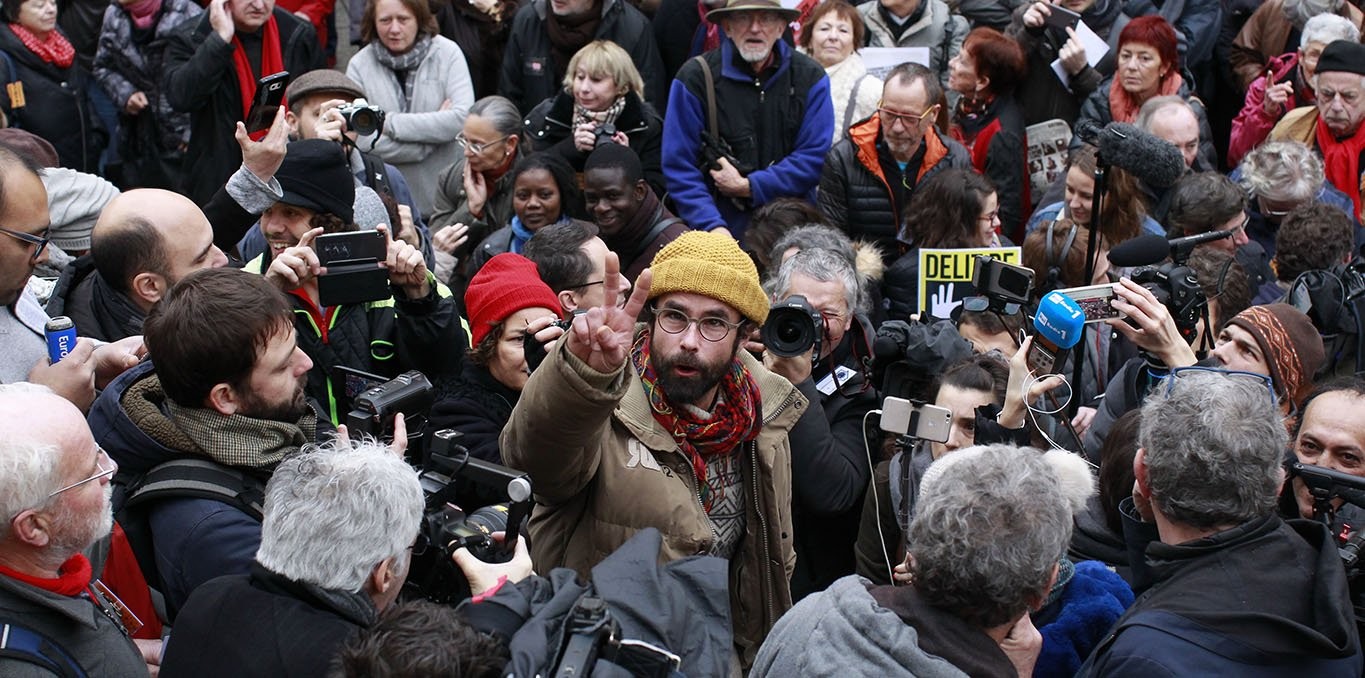
To The Four Winds
In the Roya valley located between France and Italy, thousands of migrants try to cross the border each month in search for a better life. Cédric Herrou, a local farmer, has been welcoming migrants at his home since the beginning of the crisis, turning his backyard into a much-needed shelter. With the help of friends and volunteers, he challenges French immigration policies which make impossibl...
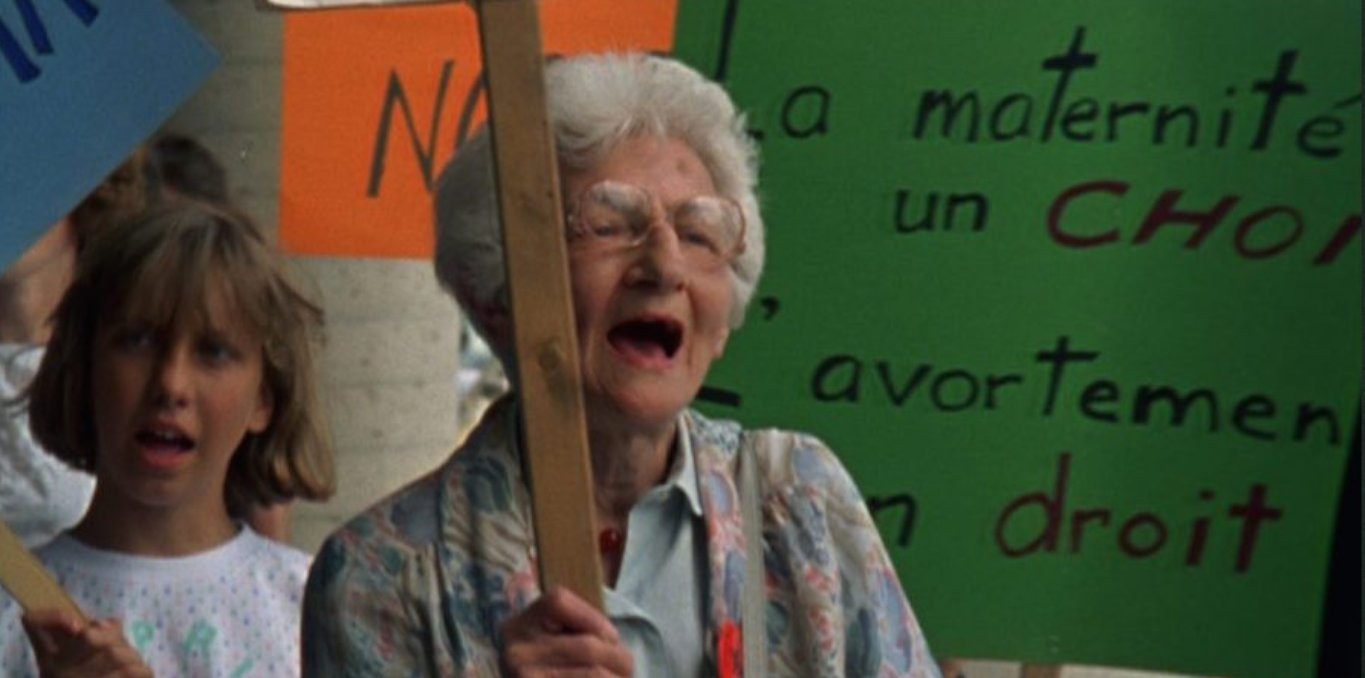
A Vision in the Darkness
Léa Roback, sa vie, son action, son engagement. À travers les « lumières » d’une militante québécoise juive, Léa Roback, féministe, syndicaliste, pacifiste et communiste, \_Des lumières dans la grande noirceur\_ propose une vision moderniste de l’histoire du Québec, du début du XXe siècle jusqu’aux années duplessistes de la Grande Noirceur.
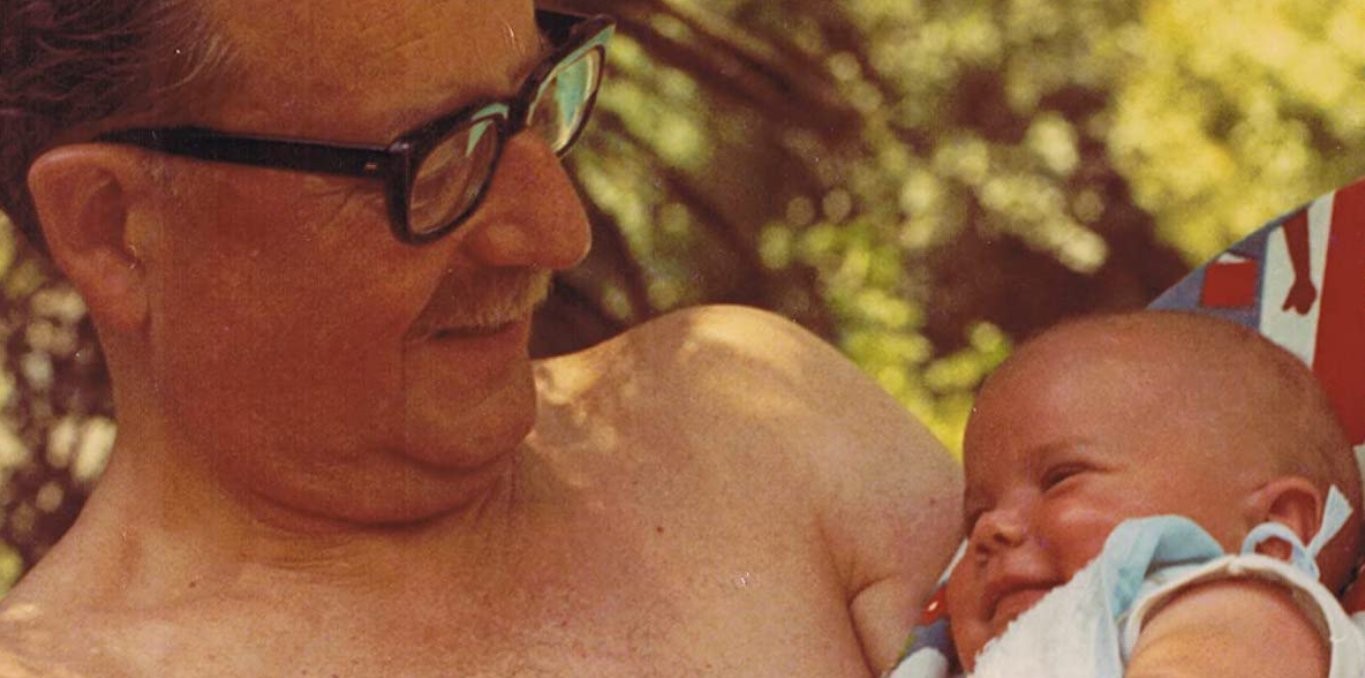
Beyond my Grandfather Allende
La réalisatrice, Marcia Tambutti Allende, souhaite rompre le silence entretenu autour du passé tragique de sa famille. 35 ans après le coup d’État qui a renversé son grand-père, Salvador Allende, premier président socialiste élu démocratiquement, elle estime qu’il est temps de retrouver les souvenirs familiaux, les images de leur vie quotidienne qui leur a été arrachée. Un passé int...
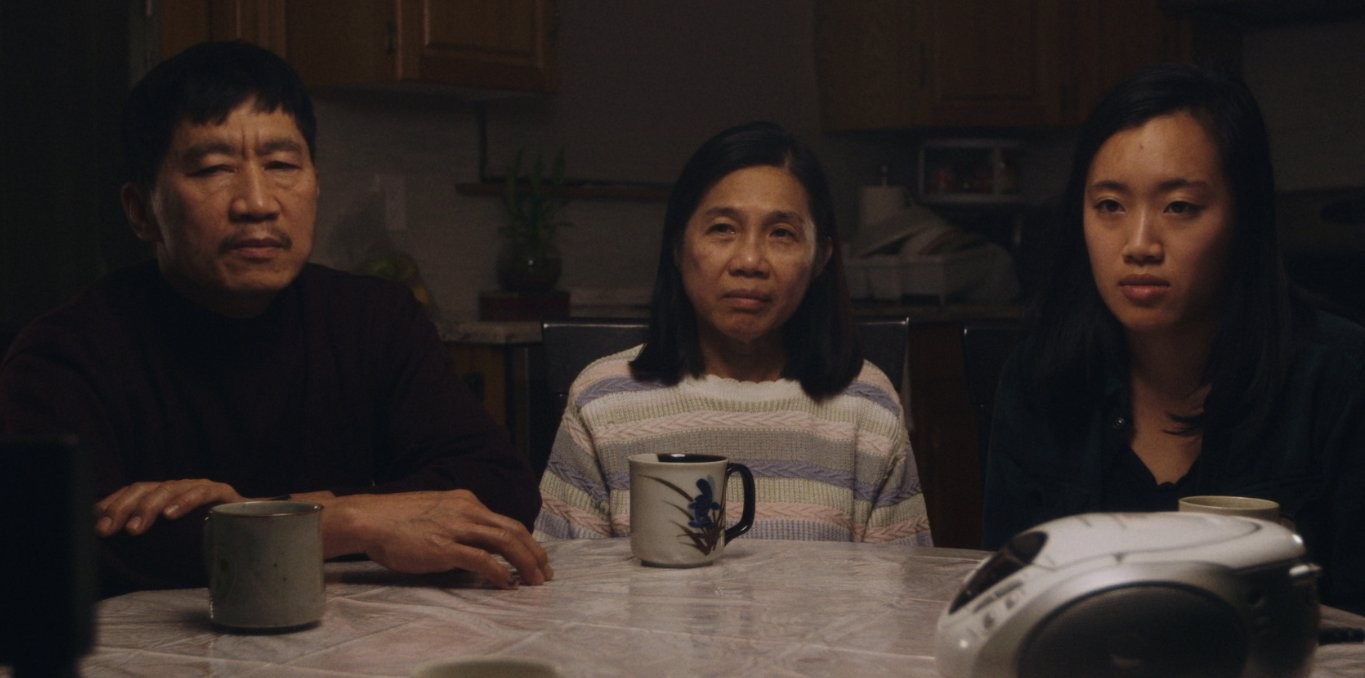
No Crying at the Dinner Table
La réalisatrice Carol Nguyen interviewe sa famille. Il en résulte un portrait teinté d'amour et de peine, révélant des traumatismes intergénérationnels.
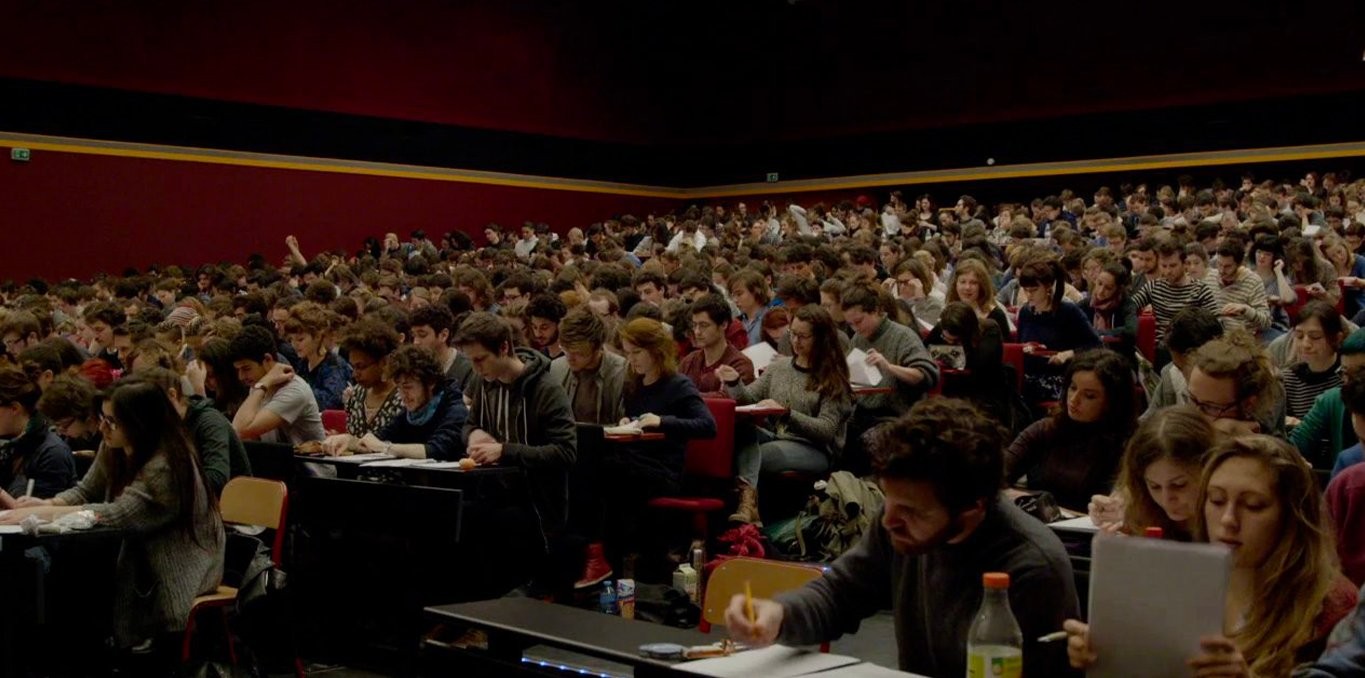
Le Concours
Subscription access
It’s the day of the entrance exam. Aspiring filmmakers step through the heavy gates of La Fémis for the first time. Each of them dreams of cinema, but also of success. Every hope is allowed, every anxiety as well. The juries deliberate, searching for their worthy successors. From the arrival of the candidates to the final deliberations, the film explores the confrontation between two generation...
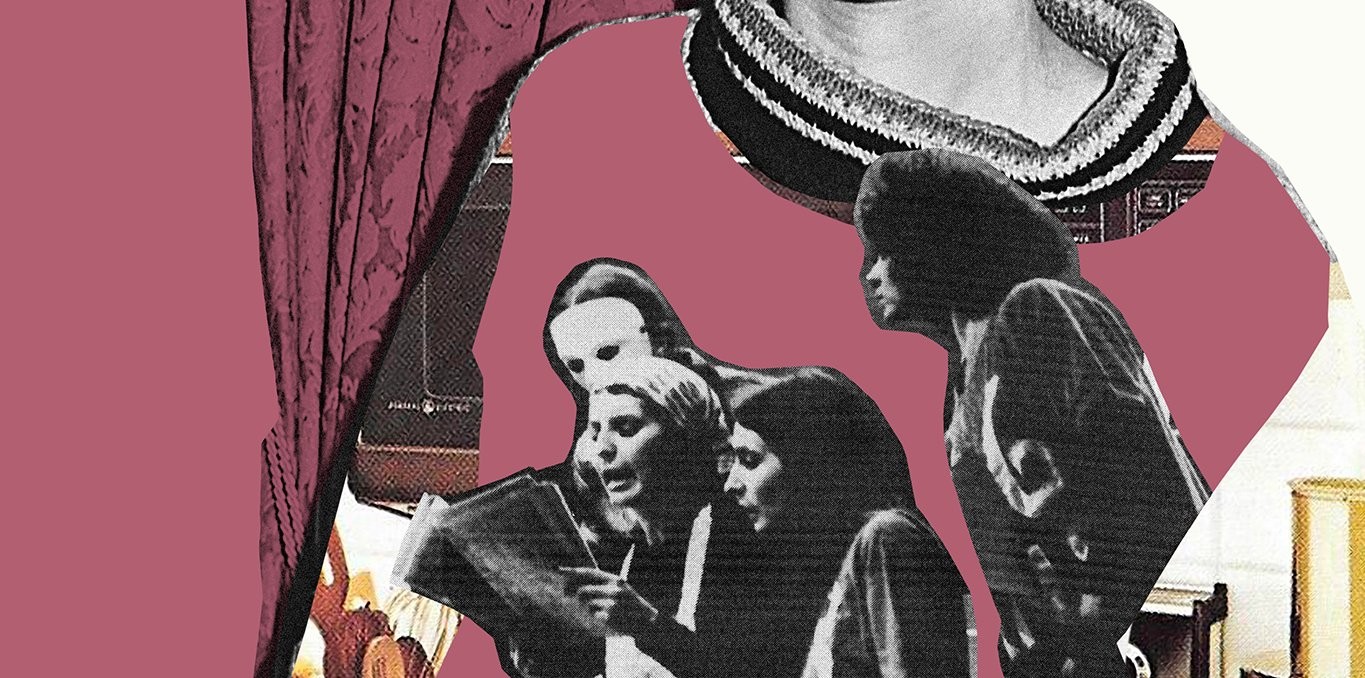
Nous sortirons de nos cuisines - Épisode 4 - Épilogue : on a réussi, mais on n’a pas fini (1982-2024)
Subscription access
Within the troupe, the wave of departures that began around _As-tu vu? Les maisons s’emportent!_ continues, and paths diverge. Activism is a never-ending task: sometimes, it’s exhausting. In 2006, thirty years after the March 8, 1976 speech that closes the first episode of _Nous sortirons de nos cuisines_, Québécois women won their battle for free access to abortion: from then on, voluntary ter...

On the Adamant
Duration: 1h49
Subscription access
The Adamant is a unique day care centre : it is a floating structure. Located on the Seine in the heart of Paris, it welcomes adults suffering from mental disorders, offering them care that grounds them in time and space, and helps them to recover or keep up their spirits. The team running it is one of those that try to resist the deterioration and dehumanization of psychiatry as best it can. T...

Y'a qu'à pas baiser !
Subscription access
This documentary about abortion was made when it was still illegal in France. It looks at why women decide not to keep their child and how an abortion is carried out according to the Karman method. The film also shows the first women’s demonstration in favour of abortion held on November 20, 1971.

If It Happens
Subscription access
Tomek, Marcel Łoziński's son, is 18 years old. Exactly 12 years ago, when he was 6, his father filmed him during a visit to a park in Warsaw. Tomek stopped near elderly people and, with childlike naivety, asked them about joy, loneliness, fear of death, dreams, love... On his birthday, Tomek returns to the garden of his childhood.

Of Land and Bread
Subscription access
In 2007, the human rights organization B'Tselem launched a project to provide video cameras and train Palestinian volunteers in the West Bank to document their life under Israeli occupation. Composed of numerous short films, _Of Land and Bread_ is a film of painful eloquence.

From Greece
Greece, filmed at a pivotal moment in its history, just before the 1967 military coup — a country where tensions between fascism and anti-fascism persisted after the war and erupted in a confused search for a truly free future. Nestler films the Greek people with respect and sensitivity, creating one of his masterpieces, built on a rigorous interplay between candid footage, commentary, and docu...

Ninan Auassat: We, the Children
Ninan Auassat: We, the Children
Duration: 3h02Subscription access
Filmed over more than six years, this feature-length documentary follows the journeys of three groups of children from different Indigenous nations (Atikamekw, Eeyou Cree, and Innu). In following these young people through the crucial milestones of childhood, right to the threshold of adulthood, we witness their daily lives and aspirations, along with the challenges they face. Filmed from “a ch...

Robert Doisneau: Through the Lens
Robert Doisneau: Through the Lens
Subscription accessBased on never-before-seen archives, this film written and directed by the photographer's granddaughter paints an intimate portrait of the man and the artist who joyfully intertwined his family and professional life to build an exemplary body of work. _Robert Doisneau: Through the Lens_ tells the story of how this child from the Parisian suburbs became one of the world's most famous photographers.

The Family of the Forest
Gérard and Catherine left Belgium to live self-sufficiently in the boreal forest of Gaspésie, Quebec. Fifteen years later, as their three boys have grown up, what will become of this way of life?

Leaning into the Wind – Andy Goldsworthy
Leaning into the Wind – Andy Goldsworthy
Subscription access_Leaning into the Wind_ follows Andy Goldsworthy on his exploration of the layers of his world and the impact of the years on himself and his art. As Goldsworthy introduces his own body into the work it becomes at the same time even more fragile and personal and also sterner and tougher, incorporating massive machinery and crews on his bigger projects. Riedelsheimer’s exquisite film illuminates...

zo reken
zo reken ("shark bone") is the nickname given in Haiti to the Toyota Land Cruiser, a powerful all-terrain vehicle, very popular with international humanitarian organizations that have been present in the country since the 2010 earthquake. Ten years later, a \*zo reken\* is diverted from its usual use to become a mobile space for meetings and discussions between Haitians. No more foreign humanit...

Insurgence
A documentary about the vast political mobilization that took place in Quebec during the spring of 2012. Initially propelled by the student strike for accessible education, the scope of the movement soon broadened to take on the government, the impunity and violence of the Montreal police force, the exploitation of untapped natural resources, and the current economic system.

Each and Every Moment
Subscription access
Every year, thousands of students – mostly female – embark upon courses that will lead them to become nurses. A difficult process during which they will have to acquire a great deal of knowledge, master numerous technical procedures and prepare themselves for heavy responsibilities. This film follows the ups and downs of an apprenticeship that will confront them, often at a young age, with hum...

A Short History Of Madness
\_A Short History Of Madness\_ is a contemporary dance film. Traveling through time in six architectural scenes, it touches on key moments in the treatment of mental illness in Quebec, from the end of the 19th century to today. The film introduces us to six mentally ill characters who are interpreted by dancers. It then goes on to follow a woman, Jacqueline, who ends up on the street after losi...

The Free Ones
\_The Free Ones\_ is a documentary which shows us how four detainees are dealing with the end of their prison sentence, in a sawmill. Can a factory job help them to make the necessary transformation and become free men? Hidden from society’s view and through meetings with their instructors, psychotherapists and other participants, we accompany Samuel, Pierrot, Fred and Steve talk about their ho...

To The Four Winds
In the Roya valley located between France and Italy, thousands of migrants try to cross the border each month in search for a better life. Cédric Herrou, a local farmer, has been welcoming migrants at his home since the beginning of the crisis, turning his backyard into a much-needed shelter. With the help of friends and volunteers, he challenges French immigration policies which make impossibl...

A Vision in the Darkness
Léa Roback, sa vie, son action, son engagement. À travers les « lumières » d’une militante québécoise juive, Léa Roback, féministe, syndicaliste, pacifiste et communiste, \_Des lumières dans la grande noirceur\_ propose une vision moderniste de l’histoire du Québec, du début du XXe siècle jusqu’aux années duplessistes de la Grande Noirceur.

Beyond my Grandfather Allende
La réalisatrice, Marcia Tambutti Allende, souhaite rompre le silence entretenu autour du passé tragique de sa famille. 35 ans après le coup d’État qui a renversé son grand-père, Salvador Allende, premier président socialiste élu démocratiquement, elle estime qu’il est temps de retrouver les souvenirs familiaux, les images de leur vie quotidienne qui leur a été arrachée. Un passé int...

No Crying at the Dinner Table
La réalisatrice Carol Nguyen interviewe sa famille. Il en résulte un portrait teinté d'amour et de peine, révélant des traumatismes intergénérationnels.

Le Concours
Subscription access
It’s the day of the entrance exam. Aspiring filmmakers step through the heavy gates of La Fémis for the first time. Each of them dreams of cinema, but also of success. Every hope is allowed, every anxiety as well. The juries deliberate, searching for their worthy successors. From the arrival of the candidates to the final deliberations, the film explores the confrontation between two generation...

Nous sortirons de nos cuisines - Épisode 4 - Épilogue : on a réussi, mais on n’a pas fini (1982-2024)
Subscription access
Within the troupe, the wave of departures that began around _As-tu vu? Les maisons s’emportent!_ continues, and paths diverge. Activism is a never-ending task: sometimes, it’s exhausting. In 2006, thirty years after the March 8, 1976 speech that closes the first episode of _Nous sortirons de nos cuisines_, Québécois women won their battle for free access to abortion: from then on, voluntary ter...
